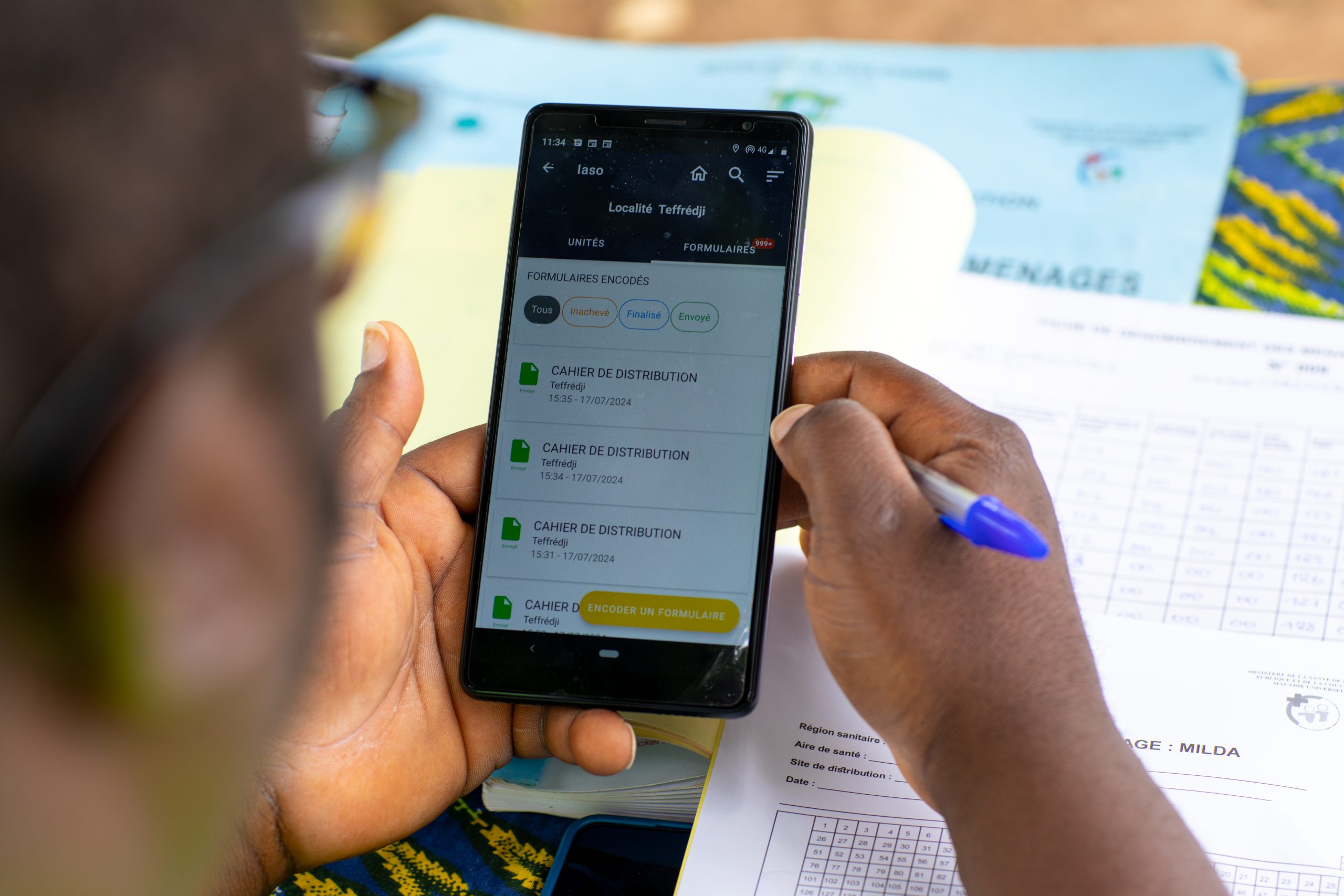What the story of the “Three Little Pigs” can teach us about hosting

As a software company, we often design tools for our clients in the scope of a specific project. And a key success factor in any of our projects is the transfer of ownership of these tools and services we’ve designed to our client, often situated in LMIC countries. We advocate for it with tooth and nails.
Yet, we also always advise that any tools we provide remain “hosted” with us, rather than at a local infrastructure. Hosting for us is a zero-sum game, it’s far from being our most profitable line of business and it requires constant maintenance.
So why do we offer it, and even recommend it? And wait, first, what again is hosting exactly?
Building a house for your data that won’t be huffed and puffed and blown away
You’ve heard the nursery rhyme about the three little pigs, one who built his house with straw out of laziness and whose house got huffed and puffed and blown away by a wolf. One who built it with sticks and whose house, again, got huffed and puffed and blown away by a wolf.
The third one, however, took the long road to the brickworks and built a sturdy house that the wolf couldn’t huff and puff and blow away.
Well, hosting is very much like having a house. And you can choose the straw one, the stick one or the brick one – at your own peril. Every tool we create needs to be hosted (housed) on what we call a server (the actual house) somewhere. Somewhere with doors that only specific people can enter (enhanced data security), that won’t be easily damaged, etc.
In fact, losing, damaging or having no steady access to your service can lead to disastrous consequences, especially in the case of health information systems.
So what type of house can you choose from to house your project?
The straw and twigs house: under-the-desk hosting
No, this is not a joke; yes this happens frequently; no not just for unimportant projects.
This kind of hosting is a laptop dependent server. While this may be fine for people who want their own server, to game or code personally when they want to, it obviously cannot be relied upon for projects impacting the health of thousands of people.
This server is at risk not only of being closed by a well-intentioned coworker, but also of being in an unsafe environment. From high temperatures, to a lack of proper fire safety (computers don’t like water nor fire), non-existent redundancy for electric power or a guaranteed internet connection, etc.
Aside from the risks inherent to the placement of this server, scaling up the infrastructure as the project grows will be really difficult. In any case, it will be definitely harder than a click to get a bigger server or more storage for a few extra bucks paid in an instant with your credit card.
The bricks house: cloud hosting
These have a decent place to store your data: physical access is verified, a cooling system is in place, ideally there’s an uninterruptible power supply, a broadband internet connection, etc.
In the case of international hosting specifically, such as AWS, Azure, Google, etc, they even have all the right certifications in place, give easy access to instant upgrades and promote best practices in terms of keeping your house up to industry standards. In fact, we at Bluesquare use AWS and host our client’s projects on it.
But in both cases, clients still need to build up their experience and skills, and set up some processes themselves in case of an unfortunate event. And, most importantly, the team in charge of the server usually has limited knowledge on health data in LMIC countries (mostly DHIS2 based). They will probably execute some tasks once a year, where our team executes them on dozens of servers per year.
So why do we bother with hosting when it’s more work than profit?
Bluesquare hosts dozens of servers and invests in automation of provisioning (creating “new servers” based on specific characteristics), monitoring, troubleshooting, and capacity planning. On top of offering all that cloud hosting provides, we have a monitoring team expert in the DHIS2 and health data stack dedicated to investigating problems before they occur. We also minimize interventions directly on your servers by automating most regular tasks via our slack channel and bots.
And this is just the tip of what we do to keep our client’s projects from being huffed and puffed.
We do it because we are committed to making our projects succeed in the long term. Because we believe in transferring ownership, while ensuring our clients can make the most out of the tools we created without worry. We are dedicated to our clients, to our work, and hosting tools critical to their health systems is an integral part of it.
Bluesquare is one of the 2 organisations officially recommended by the University of Oslo to host and manage DHIS2 instances. View our DHIS2 hosting options →





